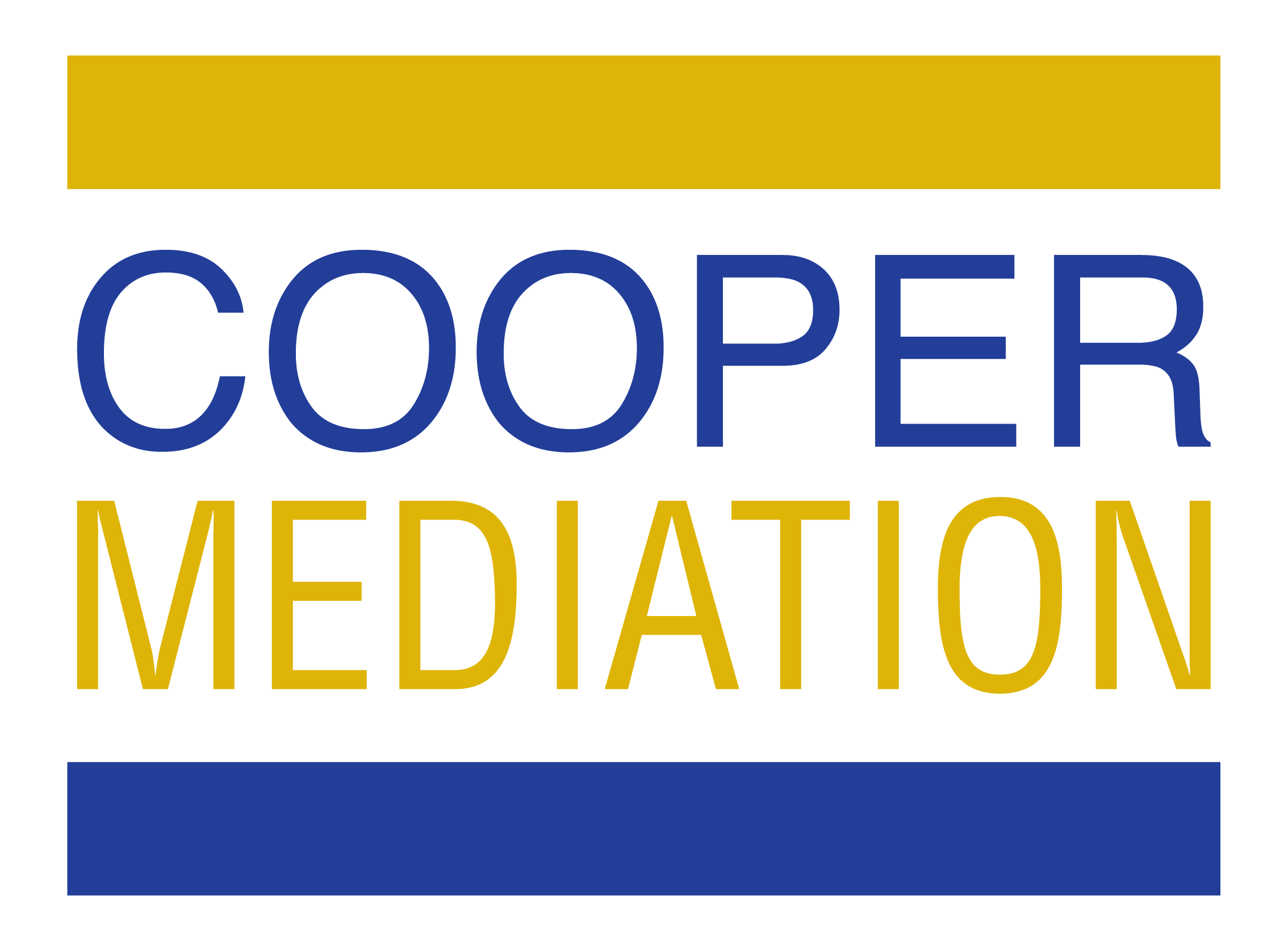
30 Aug Ask (Properly) And You Shall Receive: Posing Questions That Give You The Answers You Want
There’s a joke among politicians in Canadian parliaments: “It’s called Question Period, not Answer Period.”
Every day during Question Period, members of cabinet are called by the Speaker to respond to questions posed by members of the opposition or backbenchers. Whether what comes out of their mouths is actually an answer to the question that was posed is highly debatable. Many of the exchanges during Question Period provide much better political theatre than substantive questions and answers about policy.
During the lifespan of a lawsuit or insurance claim, there will be many occasions where participants will need to pose questions to gather information or seek clarification, answer questions or requests, and communicate or negotiate with each other. While there are times when these questions and answers may be adversarial (for example, on cross examination during a trial), at other points, it may pay off to be more collaborative and co-operative in hopes of reaching a mutually agreeable resolution (for example, during mediation).
In this blog post I explore the art of asking questions and explain why it’s important to consider the quality of answer you’re seeking when constructing your question.
Open-Ended or Close-Ended Questions
How much or how little do you want to know? The way you phrase your question will often determine the extent of the answer.
“What,” “How,” and “Why” are open ended, while “Who,” “Where,” and “When” are not.
Keep in mind that “Why” questions often have an accusatory tone. Most “Why” questions can be rephrased using “What” and “How.”
Posing open ended questions gives the other person answering greater latitude to expand on the information they provide. For example, if you ask “How did this affect your life?” a person has the opportunity to direct their answer as they please and provide as much or as little detail as they choose. Asking “what are your current complaints?” gives the person a chance to list what is bothering them.
Closed questions usually result in yes or no answers or brief answers. If you ask “Do you still have pain?” or “Can you do your own personal care tasks?” a person is most likely to answer yes or no. Some people answering may feel obliged to follow up with additional information, but others may not.
Consider The Situation And Relationship
Choosing an open or closed line of questioning may depend on whether you’re in discovery, negotiations or at a mediation.
There are times when asking open-ended questions will pay dividends. When gathering information, you will want to learn as much as you can. If you’ve prepared your client/witness/expert well for trial, asking an open-ended question will provide space for them to tell their story, expand their answer or share their knowledge effectively.
However, there may be times you want to get a straight yes or no answer. Controlling how much an opposing witness can share or say may require posing closed questions. Other times, generating short, succinct answers may be an effective technique in building your arguments or focusing discussions.
You should also consider your relationship with the person answering the questions. How can you make the person feel comfortable? Does sharing something about yourself make the other person feel more comfortable to share? Do you need to start with some easy or straightforward questions before you take your line of questioning elsewhere?
Show That You’re Listening To A Person’s Answers
Sometimes, you will have a list of prepared questions you will need to get through. If you only read from that list and give no indication that the responses a person gives have caused you to stop to consider what they are saying, you may not generate much goodwill from them. Moreover, if you listen to the answers, you may be directed to other areas of inquiry which will yield important information in relation to the matter.
Asking clarifying questions demonstrates active listening and may also help you to get a better understanding of certain answers. If asking follow up questions, begin with generalities and the big picture before narrowing in to specifics. Repeating back part of the answer in your own words, otherwise known as paraphrasing, can also show that you are listening.
Silence generally makes people feel uncomfortable. If you allow a long silence to continue after a person finishes their answer, they often feel compelled to continue speaking. While this additional part of the answer can sometimes be useful, over-using this technique can unnerve or anger people.
Expressive body language is an essential factor in building rapport between the questioner and questionee. Nodding your head will make people speak more because they feel like you are expecting more information from them. Leaning in shows you’re interested in the topic while leaning away appears dismissive. All of the foregoing falls into the category of active listening which is a significant topic in and of itself.
Final Thoughts
Deciding which questions to pose and how you want to ask them is an important part of any activity and human interaction, whether part of a lawsuit or insurance claim or otherwise. While the tips mentioned in this blog post may help generally, you should always be aware of other factors at play and the context around the questioning. Cultural differences, a person’s relative deference to authority figures and the power balance in play may all call for refining or reconsidering your style of questioning.
Remember that in certain settings, such as mediation, you will have an independent third party facilitating discussions. If you sense unwanted tension or fear on the part of one or more participants during questioning, a well-trained mediator can be a good sounding board for your concerns and can use certain techniques to bring a session back on track.
ABOUT THE AUTHOR
 Logan Cooper joined the Cooper Mediation team in November 2017 and devotes 100% of her professional time to mediating at roster-rates. She has mediated over 150 cases in the areas of personal injury, property damage, long-term disability and other insurance-related disputes. She has handled global mediations, cases with multiple parties, self-represented litigants and cases with complicated technical and interpersonal challenges.
Logan Cooper joined the Cooper Mediation team in November 2017 and devotes 100% of her professional time to mediating at roster-rates. She has mediated over 150 cases in the areas of personal injury, property damage, long-term disability and other insurance-related disputes. She has handled global mediations, cases with multiple parties, self-represented litigants and cases with complicated technical and interpersonal challenges.
Logan can be reached at logan@coopermediation.ca or (416) 726-1344.
To schedule a mediation with Logan, visit: https://coopermediation.ca/logans-online-calendar-01/.
